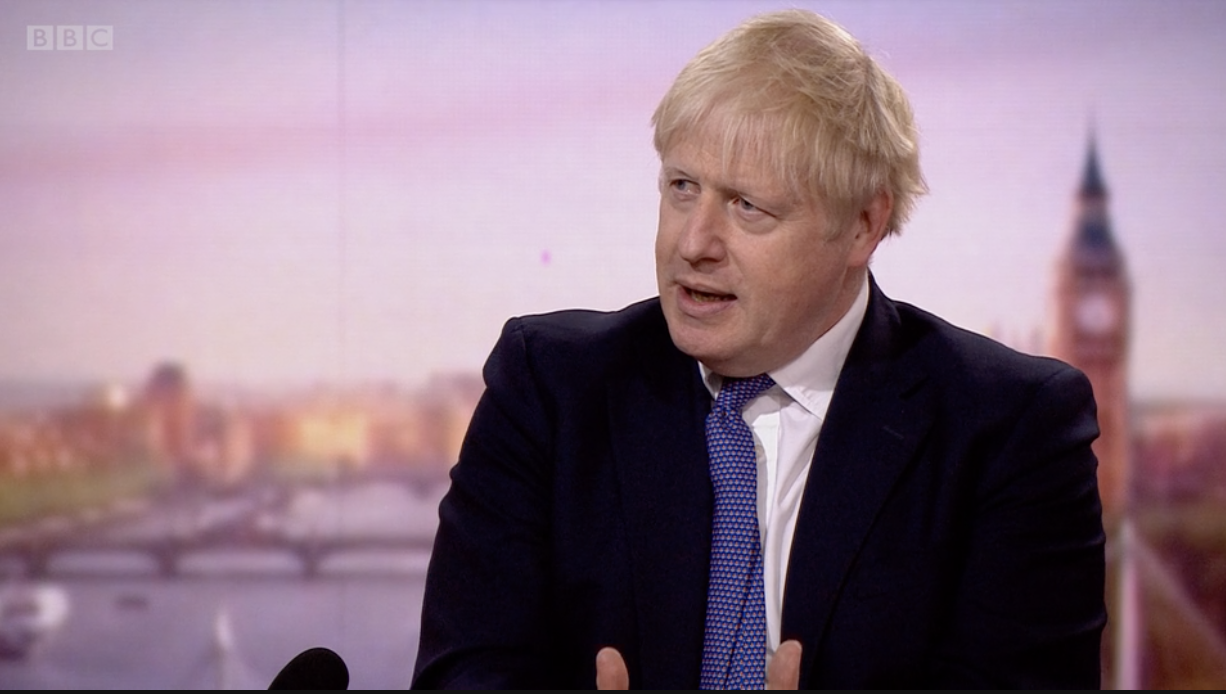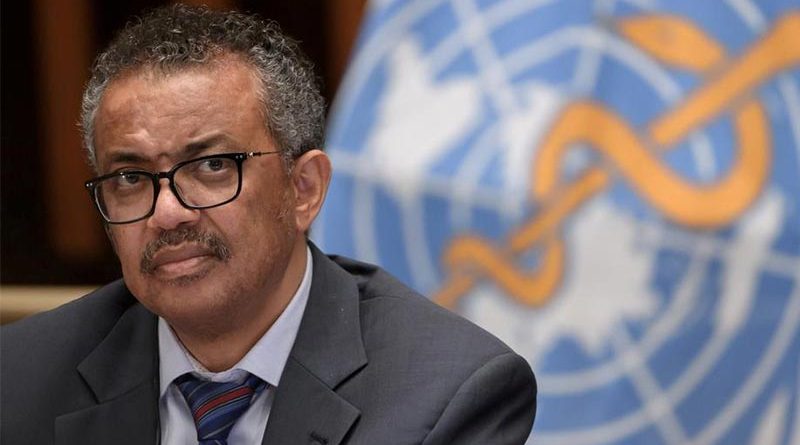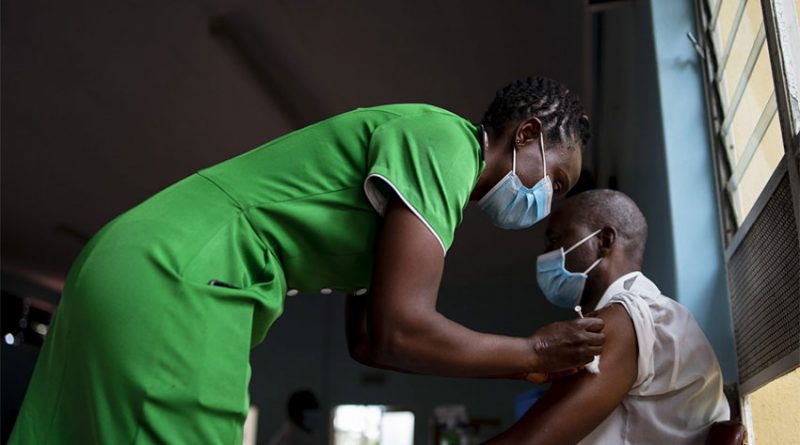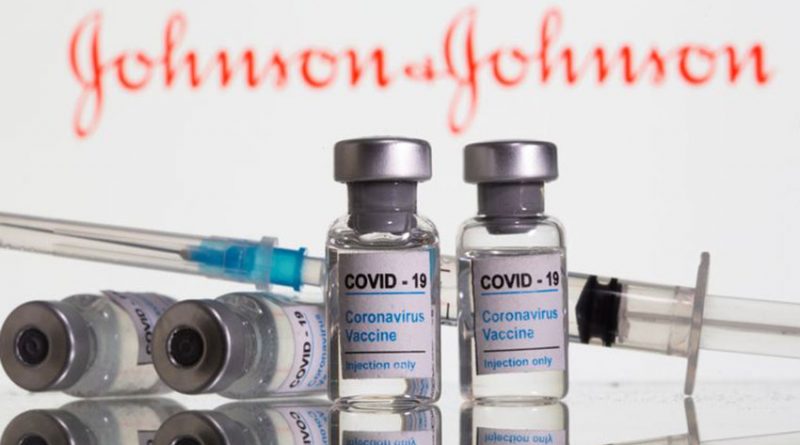ENGLAND will launch a vaccine passport trial in a comedy club, a nightclub and FA Cup matches at Wembley in the coming weeks to determine how it can reopen the economy and host mass events safely.
The government said a COVID-status certification system was being developed that would show whether a person had had a vaccine, a recent negative test or natural immunity from a positive test taken in the last six months.
The trial, to be run at nine events including the FA Cup semi-final and final, will be used to assess whether large events can be held in closed settings without social distancing. The system is unlikely to be used for public transport, shops or pubs.
Prime Minister Boris Johnson said the country had made huge strides in recent months as it rolled out one of the fastest vaccination programmes in the world.
“We are doing everything we can to enable the reopening of our country so people can return to the events, travel and other things they love as safely as possible, and these reviews will play an important role in allowing this to happen,” he said in a statement.
Under the government’s plan for reopening the economy, a limited number of people will be able to attend football matches from no earlier than May 17 while nightclubs will be allowed to reopen no earlier than June 21.
The Telegraph newspaper reported a coronavirus passport app might not be ready until September.
With more than 126,000 deaths, the United Kingdom has the fifth highest death toll in the world and it endured one of the deepest economic contractions on record. But the fast vaccine rollout has boosted hopes of a steady recovery this year.
Talk of a vaccine passport has however sparked mounting concern from lawmakers in Johnson’s own party and civil rights groups who see the plan as an erosion of basic civil liberties.
The government will also give an update on Monday on plans to restart international travel.
In a bid to prevent variants from entering the country and undermining the vaccine programme, it will set out a traffic light system for countries based on their rate of inoculation, rate of infection and detection of coronavirus variants.
Under the current plans international travel will not be allowed until May 17 at the earliest.
Source - Thomson Reuters Foundation
A World Health Organization team probing the new coronavirus’s origins cited problems accessing raw data, the health agency’s chief said on Tuesday, calling for further studies because the assessment, so far, has not been extensive enough.
“In my discussions with the team, they expressed the difficulties they encountered in accessing raw data,” WHO director-general Tedros Adhanom Ghebreyesus said after the report of a team that traveled to Wuhan, China, this year was released. “I expect future collaborative studies to include more timely and comprehensive data sharing.”
Although the team concluded a laboratory leak was the least likely hypothesis for the virus that causes COVID-19, the WHO said, the matter requires further investigation, potentially with additional missions.
“I do not believe that this assessment was extensive enough,” Tedros said. “Further data and studies will be needed to reach more robust conclusions.”
Source - Thomson Reuters Foundation
LEADERS of 23 countries and the World Health Organization yesterday backed an idea to create an international treaty that would help deal with future health emergencies like the coronavirus pandemic by tightening rules on sharing information.
The idea of such a treaty, also aimed at ensuring universal and equitable access to vaccines, medicines, and diagnostics for pandemics, was floated by the chairman of European Union leaders, Charles Michel, at a summit of the Group of 20 major economic powers last November.
WHO Director-General Tedros Adhanom Ghebreyesus has endorsed the proposal, but formal negotiations have not begun, diplomats say.
Tedros told a news conference on Tuesday that a treaty would tackle gaps exposed by the COVID-19 pandemic. A draft resolution on negotiations could be presented to the WHO’s 194 member states at their annual ministerial meeting in May, he said.
The WHO has been criticized for its handling of the COVID-19 pandemic and was accused by the administration of U.S. President Donald Trump of helping China shield the extent of its outbreak, which the agency denies.
A joint WHO-China study on the virus’s origins, seen by Reuters on Monday, said it had probably been transmitted from bats to humans through another animal, and that a lab leak was “extremely unlikely” as a cause. But the study left many questions unanswered and called for further research.
On Tuesday, the treaty proposal got the formal backing of the leaders of Fiji, Portugal, Romania, Britain, Rwanda, Kenya, France, Germany, Greece, Korea, Chile, Costa Rica, Albania, South Africa, Trinidad and Tobago, the Netherlands, Tunisia, Senegal, Spain, Norway, Serbia, Indonesia, Ukraine and the WHO itself.
“There will be other pandemics and other major health emergencies. No single government or multilateral agency can address this threat alone,” the leaders wrote in a joint opinion piece in major newspapers.
“We believe that nations should work together towards a new international treaty for pandemic preparedness and response.”
The leaders of China and the United States did not sign the letter, but Tedros said both powers had reacted positively to the proposal, and all states would be represented in talks.
The treaty would complement the WHO’s International Health Regulations, in force since 2005, through cooperation in controlling supply chains, sharing virus samples, and research and development, WHO assistant director Jaouad Mahjour said.
Source - Thomson Reuters Foundation
JOHNSON & Johnson will supply up to 220 million doses of its single-shot COVID-19 vaccine to African Union’s 55 member states from the third quarter of 2021, the drugmaker has announced.
J&J, through its unit Janssen Pharmaceutica NV, entered into a deal with the African Vaccine Acquisition Trust (AVAT), which could order an additional 180 million doses, for a combined total of up to 400 million doses through 2022. (https://refini.tv/3cyeFiB)
“We need to immunize at least 60% of our population in order to get rid of the virus from our continent. The J&J agreement enables us to move towards achieving this target,” said John Nkengasong, director of the Africa Centres for Disease Control and Prevention.
Earlier this month, Europe approved J&J single dose COVID-19 vaccine. The United States, Canada and Bahrain have also approved the shot.
Late last year, J&J said it and the GAVI vaccine alliance expected to enter into a deal that would provide up to 500 million doses of the company’s vaccine to COVAX, the programme backed by the World Health Organization, through 2022.
Johnson & Johnson has established a global manufacturing and supply network for its COVID-19 vaccine, collaborating with nine partners across four continents, including Aspen Pharmacare in South Africa.
Source - Thomson Reuters Foundation




